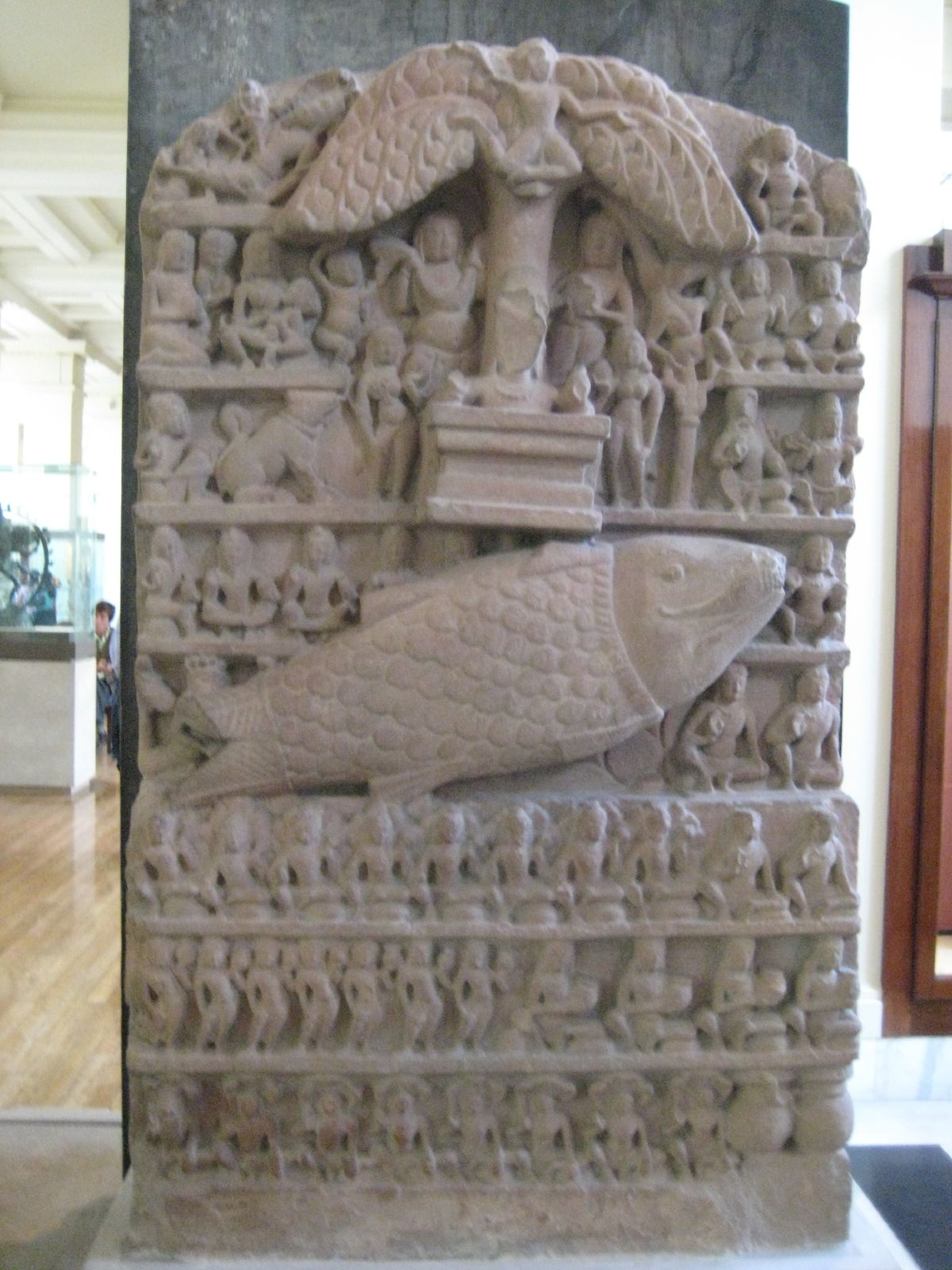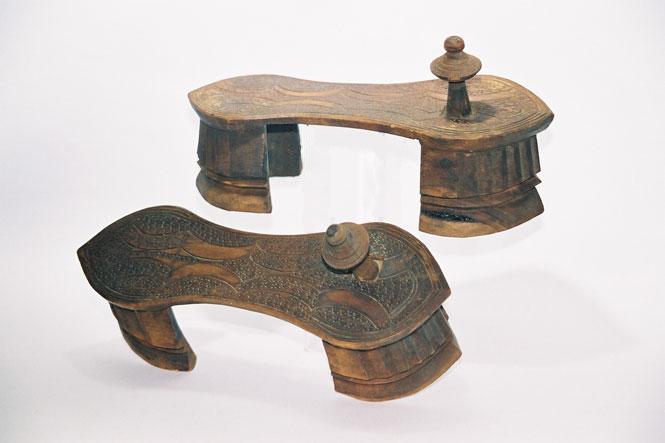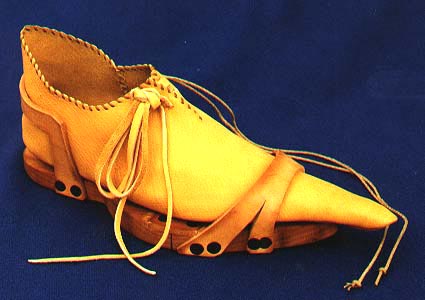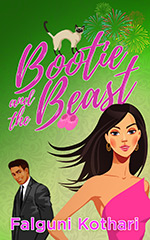A vast majority of the world's myths and religions prescribe to the idea of a Divine Child who might be a god, demi-god, hero or savior come to change the world (the triumph of good versus evil). The Child is most often not conceived naturally. The Divine Mother has an encounter with a ruling deity or pure spirit and gives birth (again most often not naturally) to the god-like child, often of royal lineage.
Fascinatingly, there are a horrendous amount of such births in the world's cultural collectives (a terrific number in Indian myths alone). I am going mention those I know, if you know more, then I'd love to hear about them.
1. Jesus Christ - Son of God, virgin birth to the Virgin Mary. (Christian)
2. Horus - son of the Sun God, divine child born to the virgin goddess Isis. (Ancient Egypt)
3. Krishna - Reincarnation of God Vishnu born to the royals Vasudeva and Devaki in prison. Secreted out of prison in the middle of the night and raised by cowherds Nanda and Yashoda. When he came of age, he went back to free his parents and assassinate his evil uncle, Kamsa, who had his parents imprisoned. (Hinduism)
4. Greek mythology is full of strange births from the Titan Cronus, to his son, Zeus, to Zeus' offspring Athena, Perseus, Dionysus, Heracles (Hercules), Helen of Troy etc.
5. Romulus and Remus - Vestal Virgin, Rhea Silvia gets impregnated either by the God Mars or Hercules and births the twins. Her evil brother, King Amulius, orders their drowning in the twins in the river Tiber. The twins survive somehow, and are found and adopted by a she-wolf. She nurses them as babes. A woodpecker feeds them as they grow older and they are finally adopted by a shepherd. They grow up, kill their uncle, restore Numitor, the rightful king-uncle to the throne, become heroes and found Rome.
6. The Indian Epic, the Mahabharata, has a countless number of such births. It is supposedly an accounting of the ancient kings of India.
Kunti's offspring. Kunti is a key figure in the epic, the mother of the heroes. Mother too, of one tragic hero, her first-born, Karna. She was given a boon from the Sage Durvasa, a boon to be used after marriage as it summoned Gods from the Hindu pantheon to impregnate her. She foolishly chanted the mantra as a young girl and accidentally summons the Sun God, Surya. He impregnates her and she gives birth to Karna, through her ear, as she must remain a virgin to be wed honorably. She abandons the child in the river.
The second, their and fourth times she summons Gods, its within the sanctions of her marriage and on behest of her husband, the weak and impotent, King Pandu who has abdicated the throne.
She gives birth to Yudhishtira by Yama, the God of Death. Bhima by Vayu, the God of Wind and Arjuna by Indra, the God of War and Thunder. Her husband's second wife begs for children and using the mantra gives birth to Nakul and Sahadeva, twins by the twin gods, the Ashwins.
The rival Kuru family could not remain ordinary in such circumstances. Thus Queen Gandhari after a two-year pregnancy gives birth to a lump of clay, which is then on the advice of sages and gods, separated into 101 lumps of clay and left to gestate in bowls or vases. They grow into the 100 Kaurava brothers and their only sister.
The five demi-god Pandava brothers, all marry the princess of Panchal, Draupadi, who emerged fully formed from a fire with her twin brother, Dhrishtadyumna.
Okay, I'm tired of writing as I'm sure you guys are fed up of reading what is essentially the same concept over and over. There's an interesting version of why such myths exist that has to do with our spiritual and psychological evolution or awakening or rebirth or recreation, our Kundalini energy. But I won't go into that just yet.













































